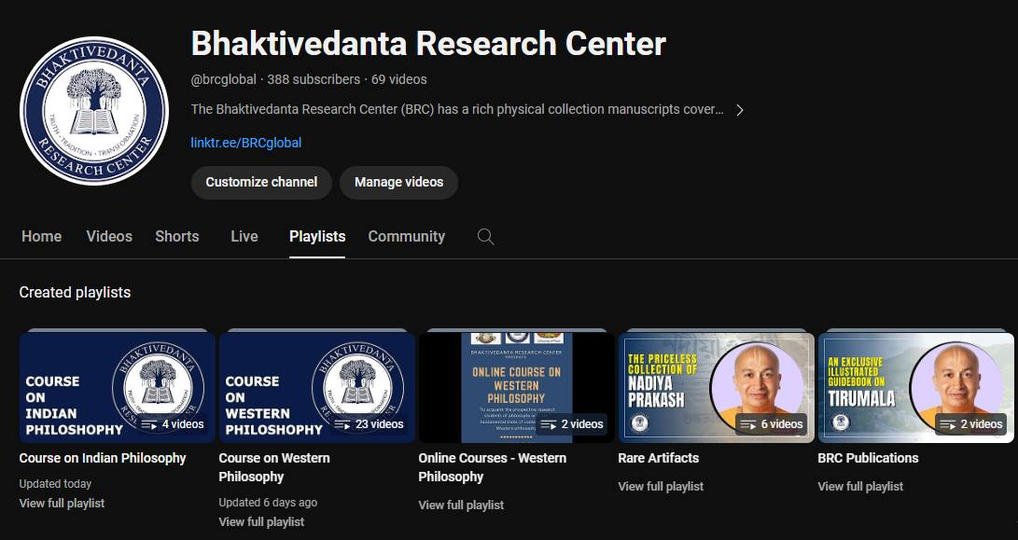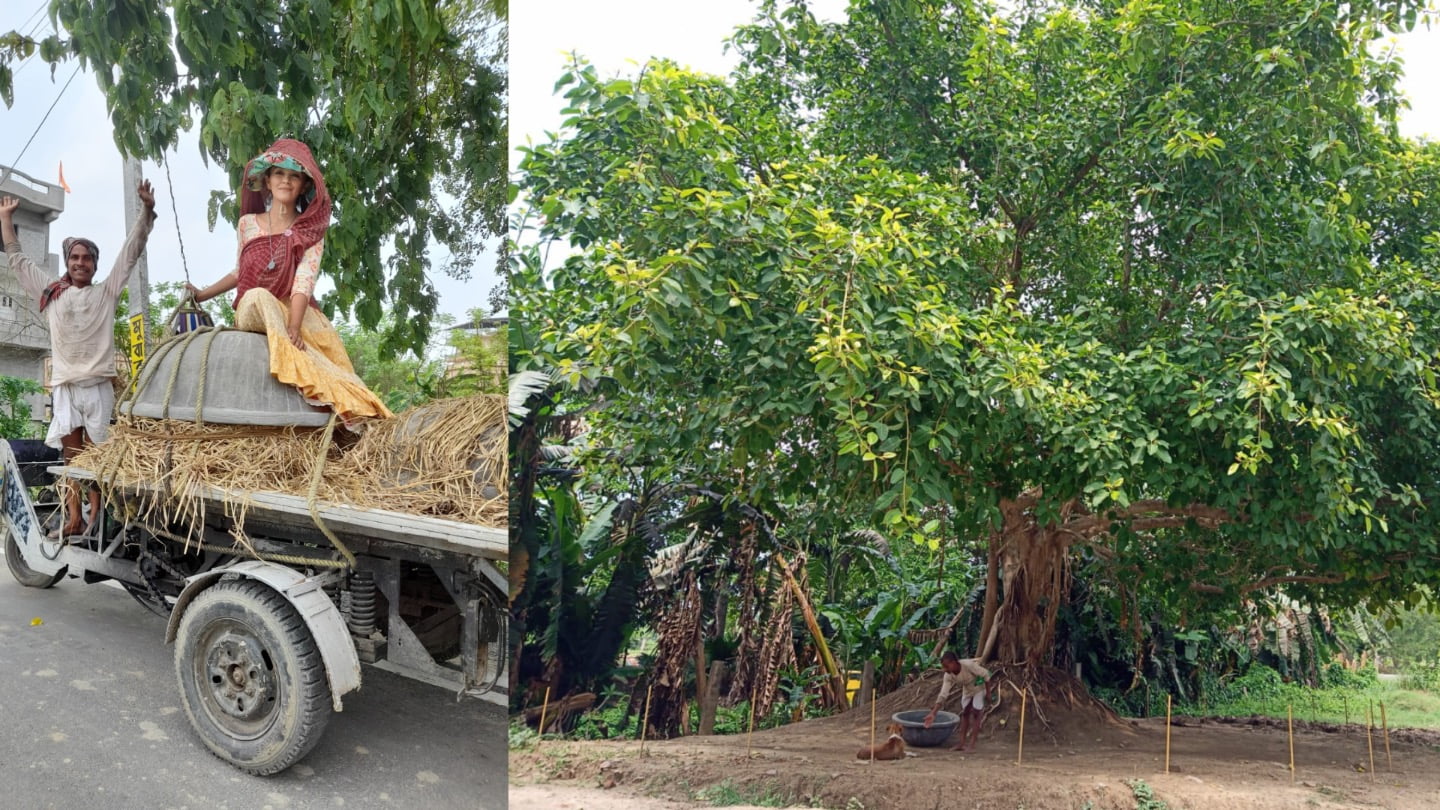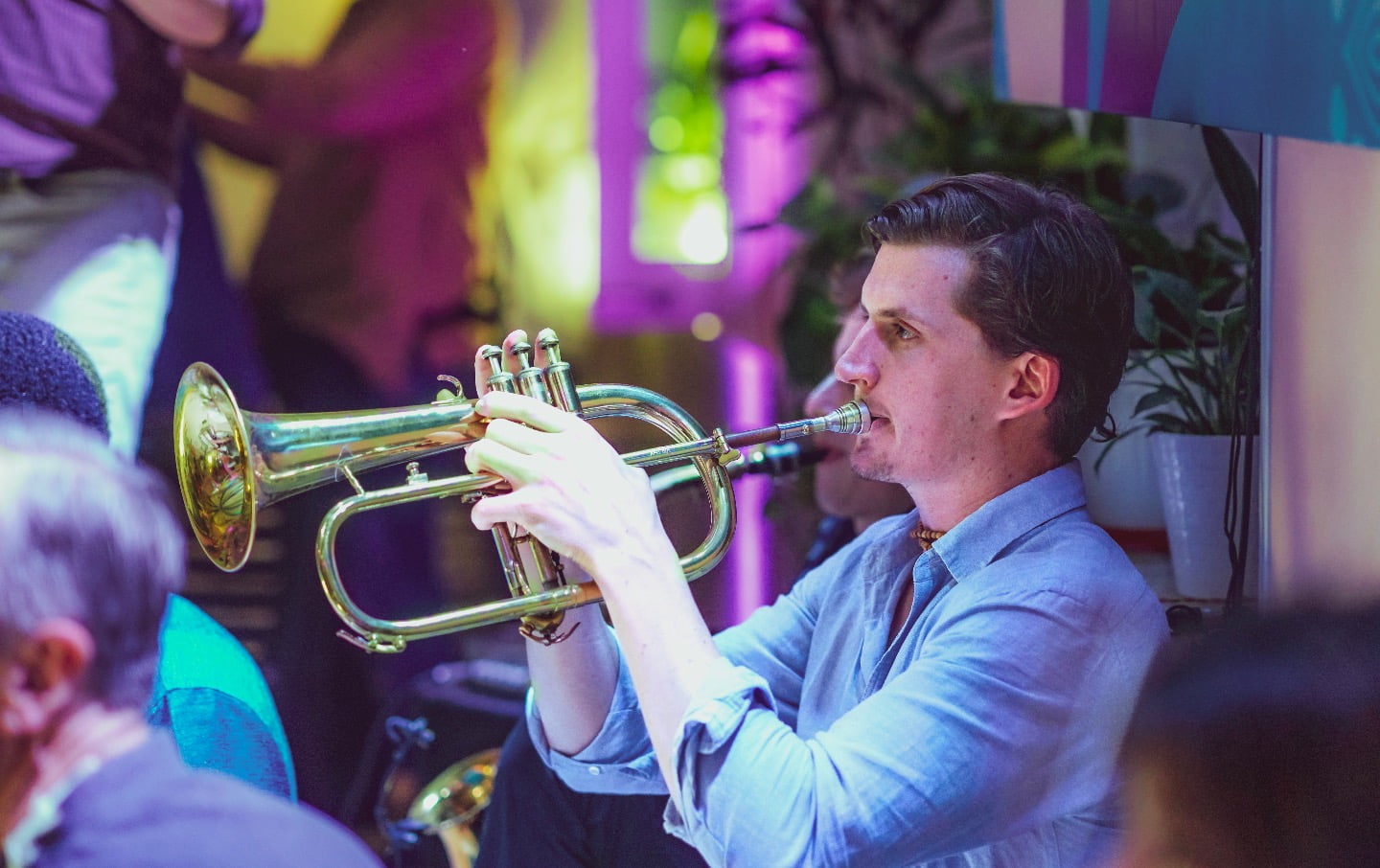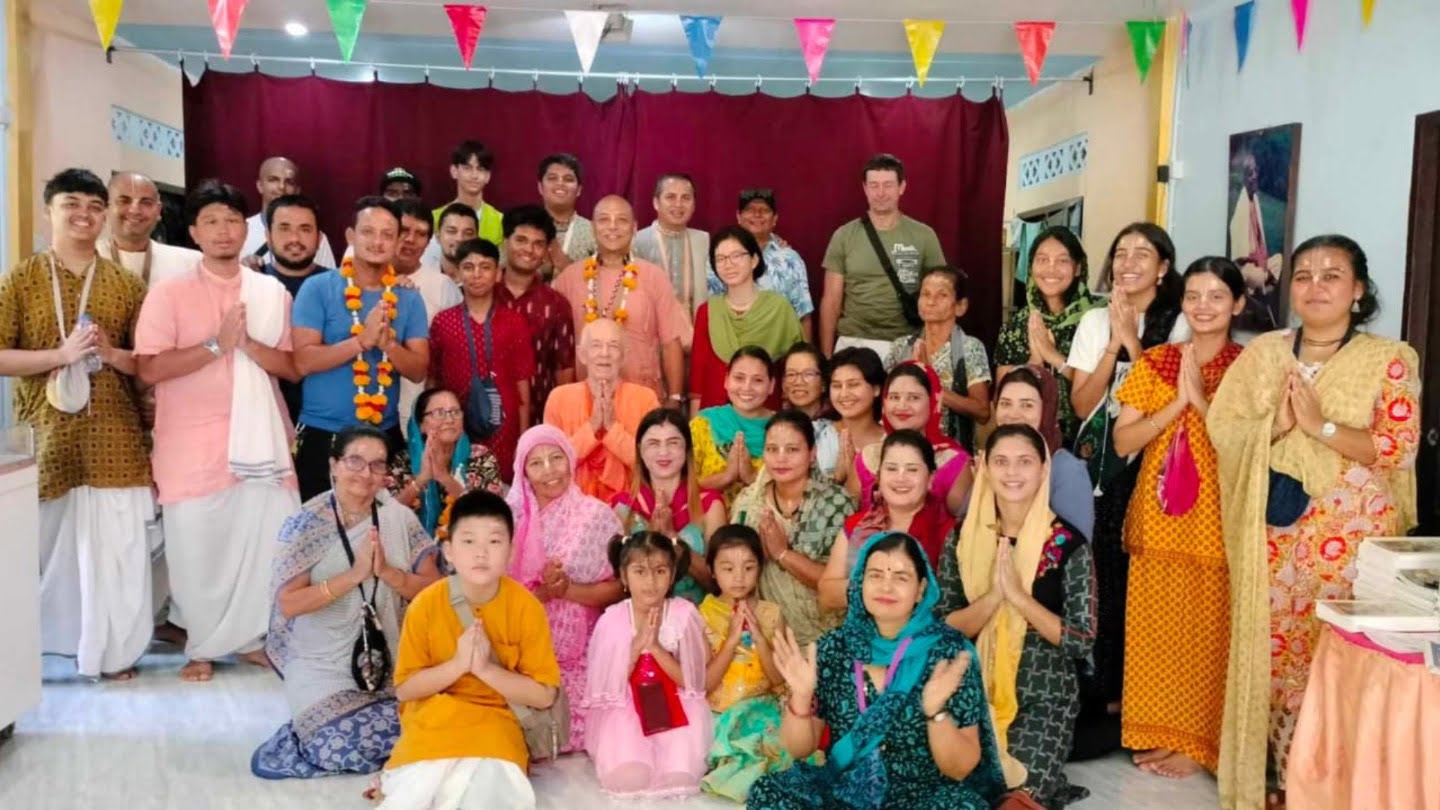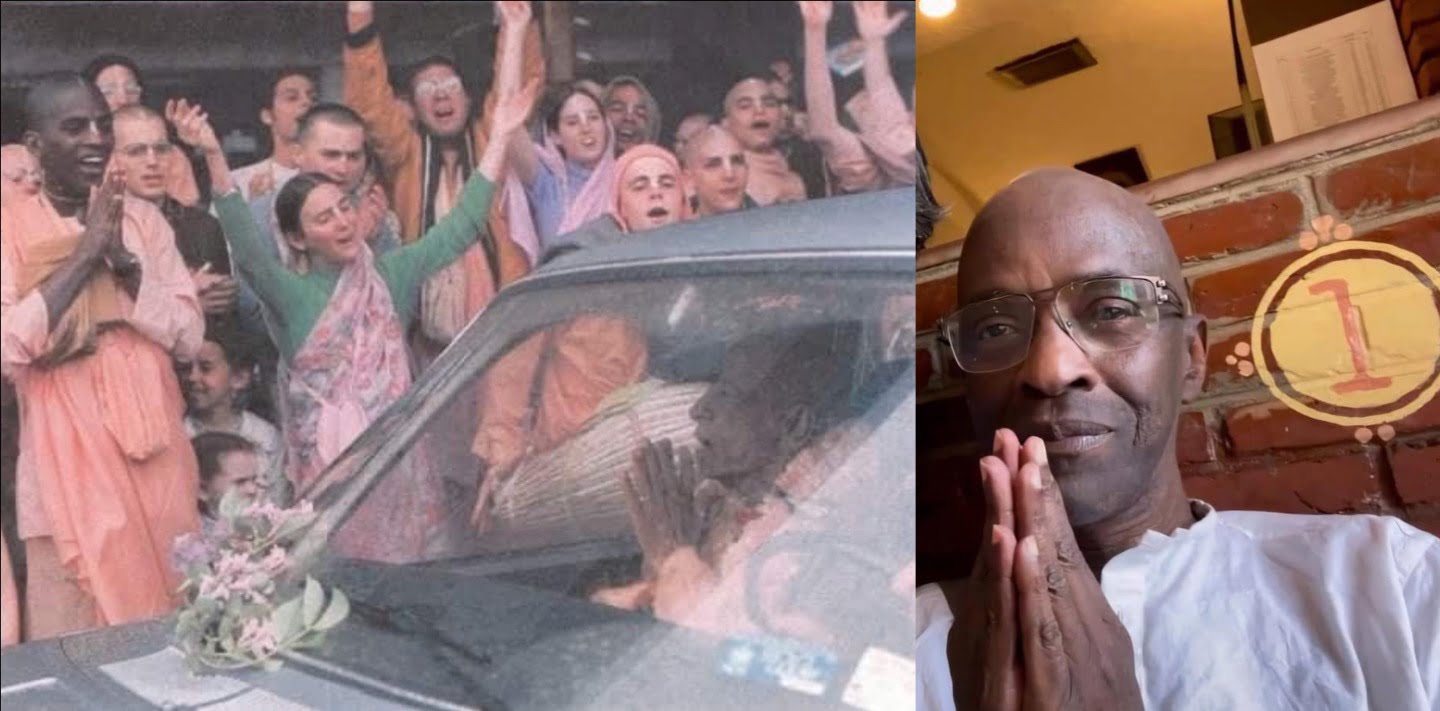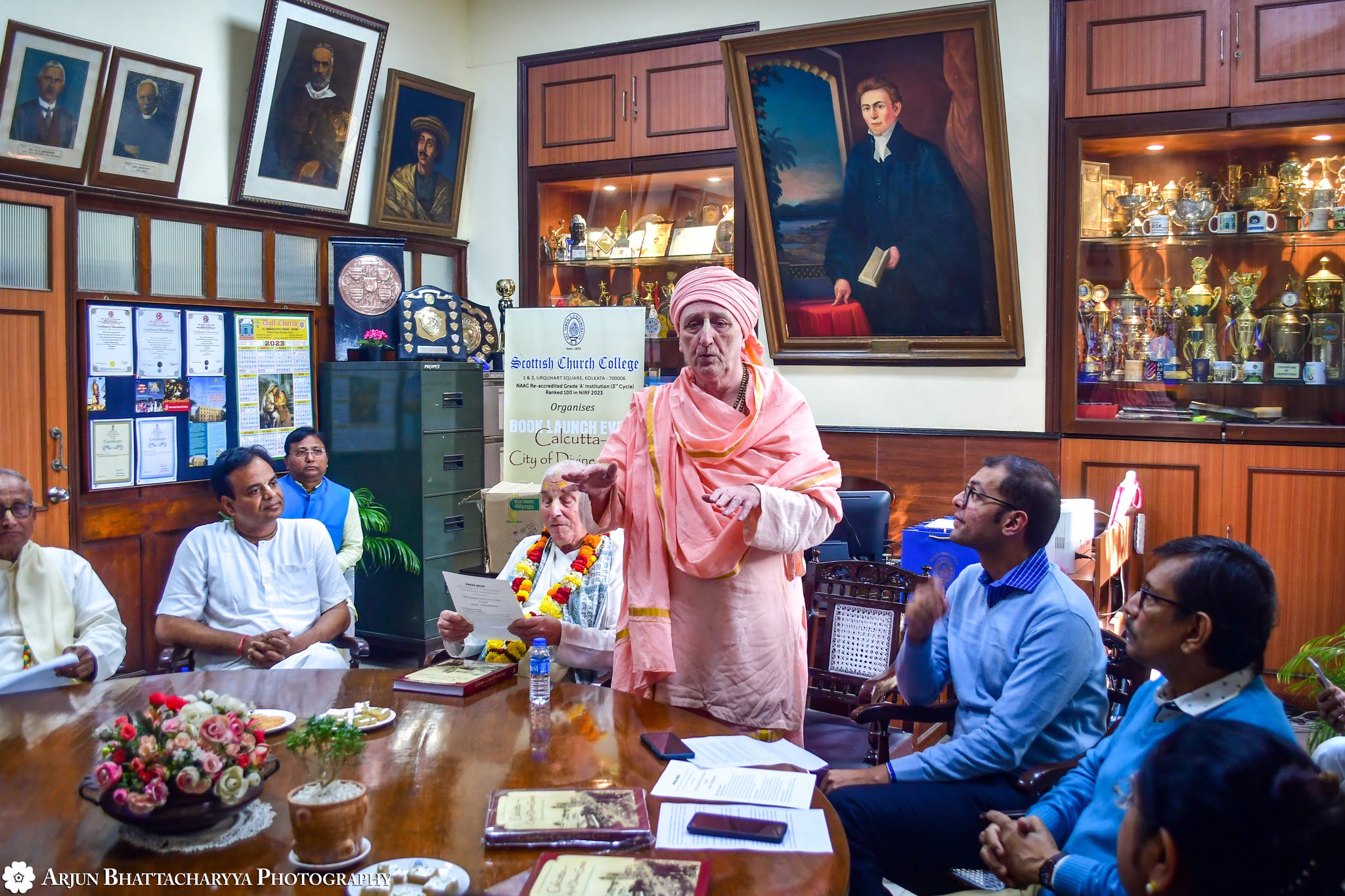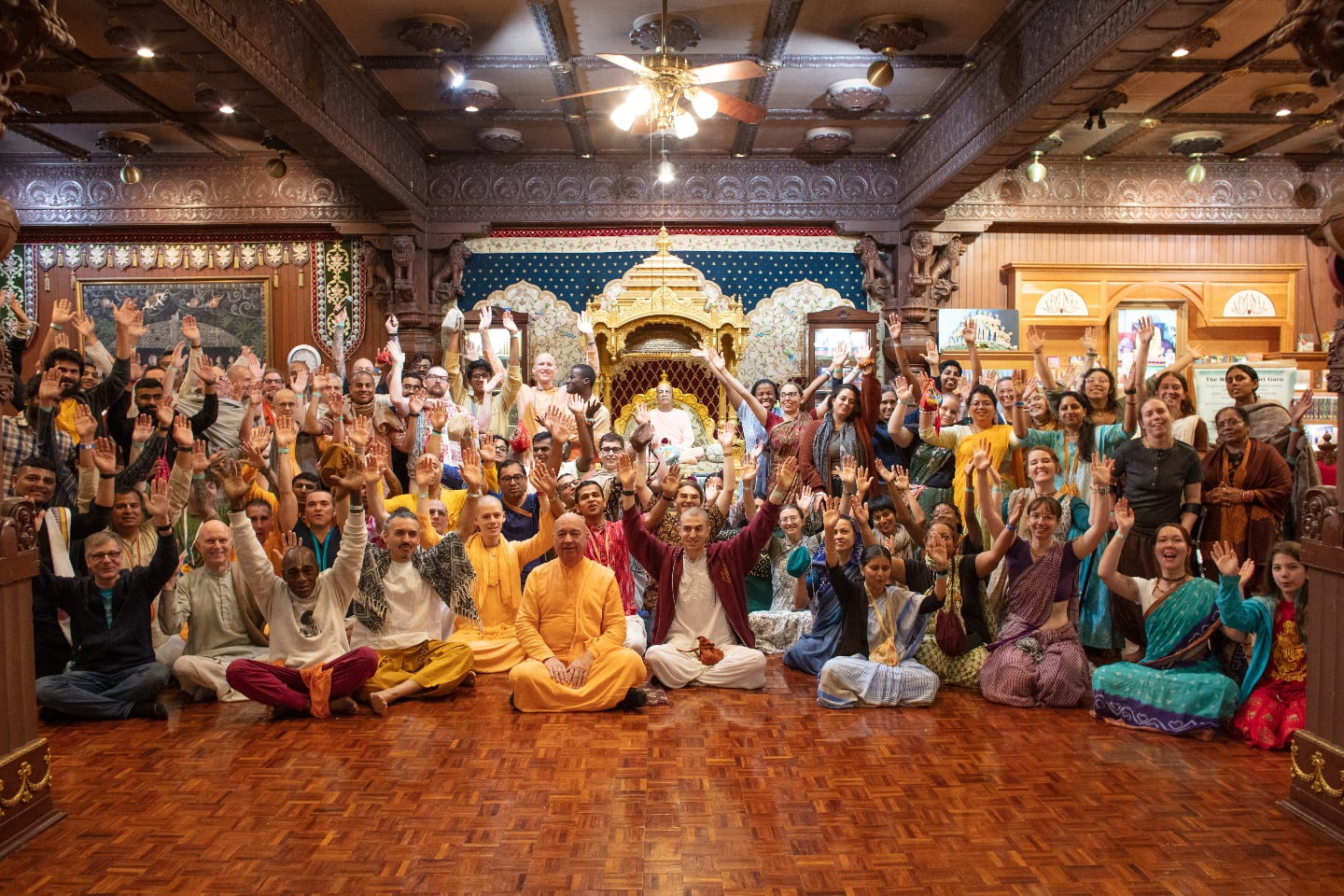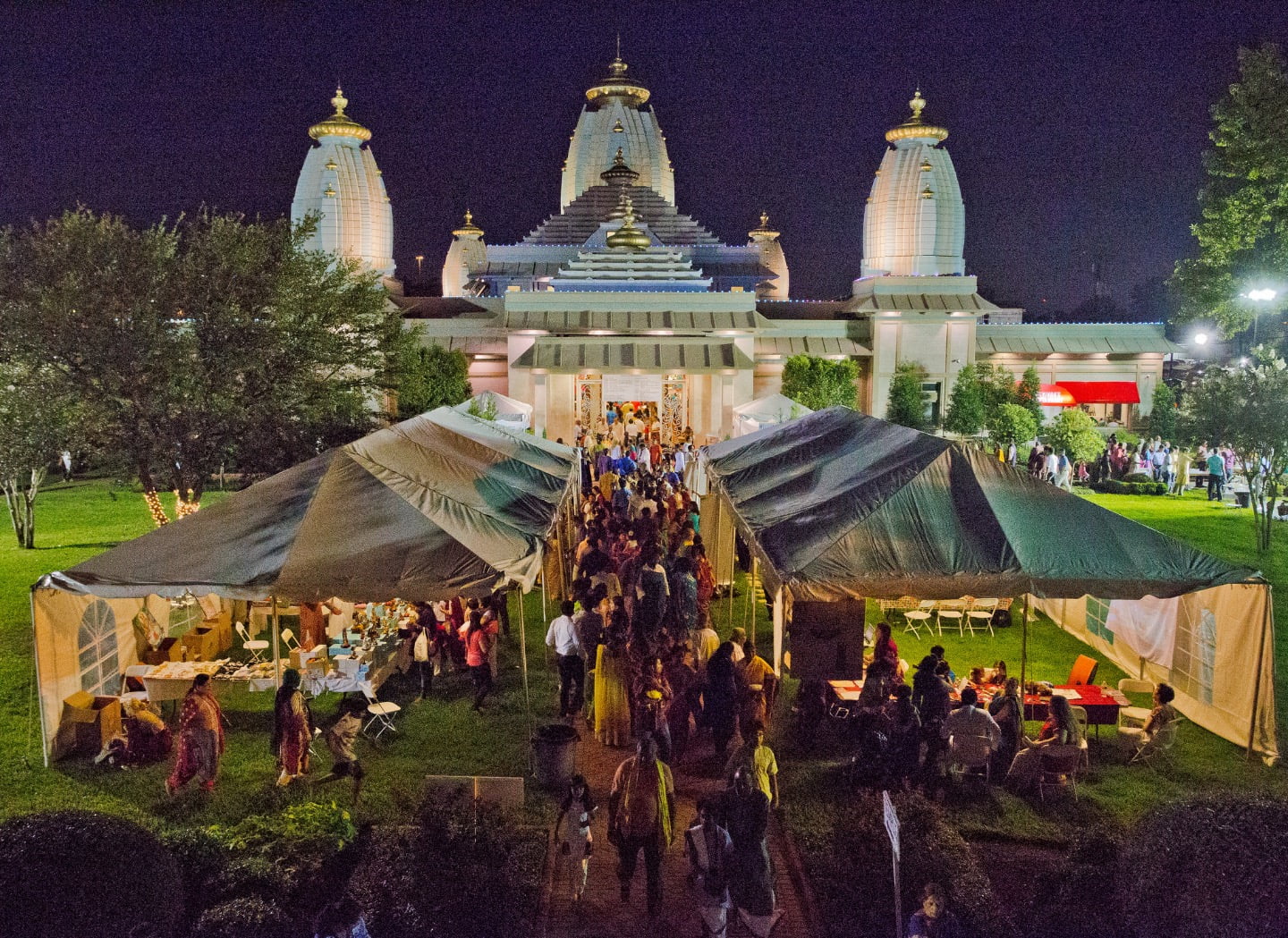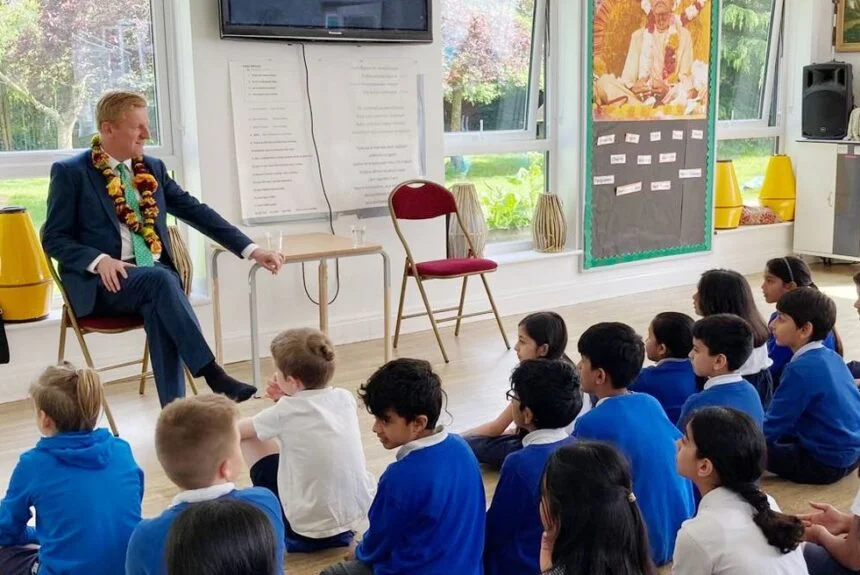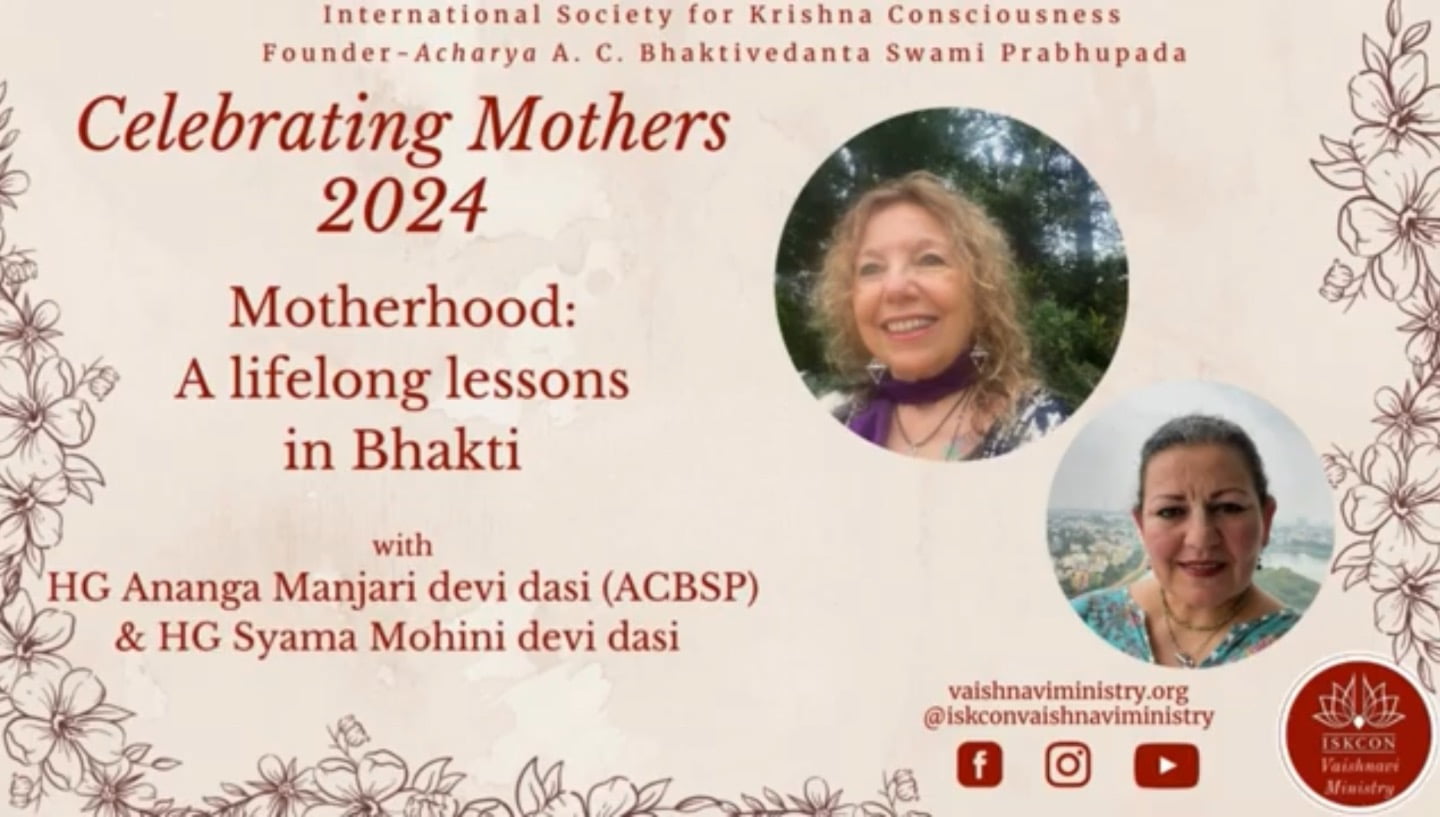Manor to Make Major Changes Based on Community Feedback
By Madhava Smullen | Mar 06, 2011
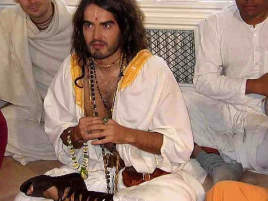
In November 2010, the leadership of Bhaktivedanta Manor—ISKCON UK’s flagship temple—agreed that an independent Review Team should interview many devotees across its key community groups to get valuable feedback on its management and possible areas of improvement.
The Review Team, headed by educator Sita Rama Dasa and freelance management consultant and congregational member Tony Goodwin, invited 130 people to participate. Seventy-six people responded to the survey, representing a good cross-section of the community. They included disciples of Srila Prabhupada, elder community members, temple management, ashram residents, Indian congregation, Sanga group leaders, Gurukulis, members of the Pandava Sena Youth group, and well-wishers.
The overall tone of the response was very positive—however, there was also plenty of constructive criticism.
“Upon reflection of the feedback received, there was an overwhelming feeling of regret amongst the present leadership at the lack of introspection and attention in certain key areas of Bhaktivedanta Manor,” reads a summary of the Review released this month. “In order to begin to address these issues, they have unanimously agreed to the process of change which is greatly needed.”
Many devotees who participated in the survey expressed their love for Bhaktivedanta Manor, and described the deep emotional and spiritual meaning it held for them. It is a place of pilgrimage for many, as well as a home. Many saw Srila Prabhupada there, made friends there, and took their first “baby steps” in Krishna consciousness there.
Most people felt that the temple was very strong in many areas such as its financial stability, cow protection efforts, school, public image, brahmachari ashram, and cultivation of the Hindu community.
But devotees also expressed a desire for improvement in several areas. These included greater emphasis on systematic outreach through public chanting and book distribution, developing a more personable and caring culture, development of a more transparent management and decision-making process, greater focus on training and education, and greater emphasis, enthusiasm and resources placed on outreach to Westerners, amongst much more.
Narrowing down all the feedback, leaders of Bhaktivedanta Manor have identified five initial areas of priority to focus on for the next three years. These are Western Outreach, Devotee Care and Growth, Community Development, Leadership and Managament, and Estate Development.
To further develop Western Outreach, their goals are to set up vibrant, dynamic and expanding local groups, have local outreach facilities in major towns and cities, and hold weekly harinam sankirtan events in local towns.
In the area of Devotee Care and Growth, they aim to set up pensions for long-serving residents, a health system to offer complimentary care for physical ailments, and a mentorship / counsellor system to offer personal care and support to devotees.
To boost Community Development, they plan to provide a forum to engage with the wider devotee community and keep Srila Prabhupada at the center of their service and relationships. Another, broader aim is to serve the Vaishnavas and respond to their personal interests and concerns.
Under the category of Leadership and Management, they aim to have an open, effective and empowering leadership body with a clear vision and mission aligned to Srila Prabhupada’s instructions. This means overhauling the current management system at Bhaktivedanta Manor, which the Review calls “a confusion and amalgamation of roles that do not enable effective decision-making and result in distress.” Devotees have called in external experts to advise on this area, and are eyeing a leadership model which has parallels with Vedic models and consists of four roles in harmony: the leader, the manager, the supervisor and the beneficiary / observer.
As far as Estate Development is concerned, Bhaktivedanta Manor leaders want to have a comprehensive plan covering their next ten years of development, taking into account what the community is looking for.
With this month’s Review clearly showing the path, the next step is to establish a “Vision Body” from a cross-section of Bhaktivedanta Manor’s greater community, with clearly defined roles and responsibilities. This Vision Body will be pivotal to the delivery of long-term change at Bhaktivedanta Manor, which is expected to evolve over the next eight to ten years.
Bhaktivedanta Manor’s openness in connecting with its community and acting on feedback which may, in some cases, have been hard to take, is commendable. It will be interesting to see if other major ISKCON temples follow suit.
In the meantime, we’ll be watching—and rooting for—Bhaktivedanta Manor’s progress.





